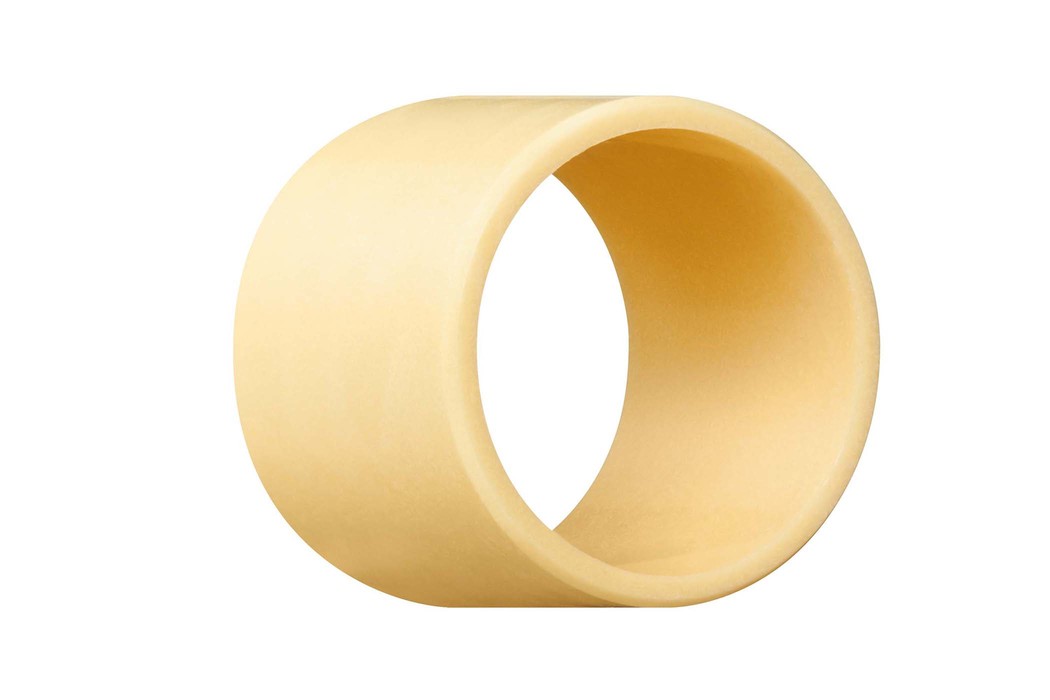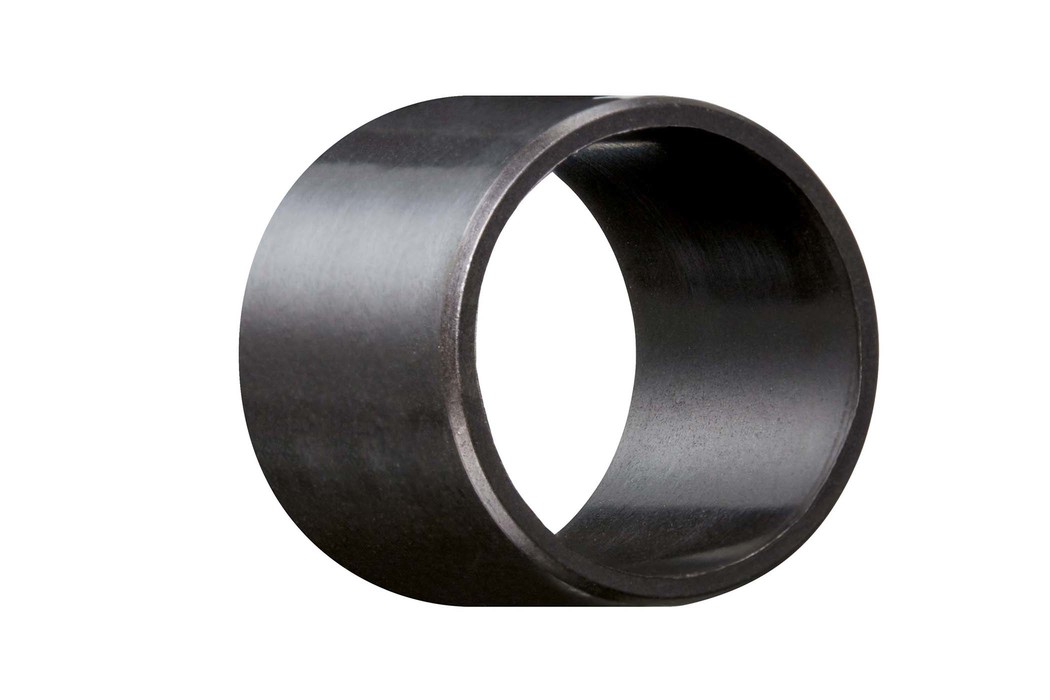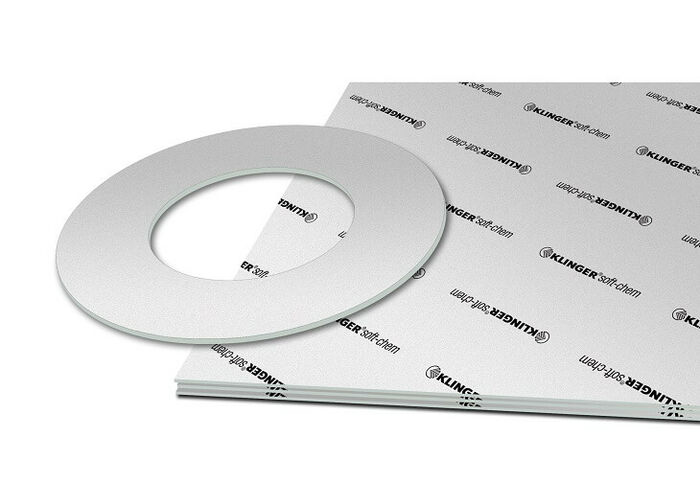Material Hub > Materialien
Materialien
-
Kategorie ThermoplasteDichte 1.49 g/cm³Einsatztemperatur -50 – 90 °C
-
Kategorie ThermoplasteDichte 1.44 g/cm³Einsatztemperatur -100 – 250 °C
-
Kategorie ThermoplasteDichte 0.9 g/cm³Einsatztemperatur –
-
Kategorie ElastomereDichte 1.09 – 1.15 g/cm³Einsatztemperatur -55 – 150 °C
-
Kategorie ElastomereDichte 1.84 g/cm³Einsatztemperatur -15 – 200 °C
-
Kategorie ElastomereDichte 1.18 g/cm³Einsatztemperatur -57 – 150 °C
-
Kategorie ElastomereDichte 1.9 g/cm³Einsatztemperatur -25 – 200 °C
-
Kategorie ElastomereDichte 1.96 – 2 g/cm³Einsatztemperatur -15 – 200 °C
-
Kategorie ElastomereDichte 1.024 g/cm³Einsatztemperatur -40 – 140 °C
-
Kategorie ElastomereDichte 1.89 – 1.95 g/cm³Einsatztemperatur -20 – 200 °C
-
Kategorie ElastomereDichte 1.15 – 1.19 g/cm³Einsatztemperatur -60 – 200 °C
-
Kategorie ElastomereDichte 1.35 g/cm³Einsatztemperatur -55 – 200 °C
-
Kategorie ElastomereDichte 1.4 g/cm³Einsatztemperatur -50 – 200 °C
-
Kategorie KunststoffbeschichtungDichte –Einsatztemperatur < 250 °C
-
Kategorie ElastomereDichte 1.22 g/cm³Einsatztemperatur -50 – 150 °C
-
Kategorie ElastomereDichte 2.3 g/cm³Einsatztemperatur -20 – 200 °C
-
Kategorie ThermoplasteDichte 1.15 g/cm³Einsatztemperatur -40 – 100 °C
-
Kategorie ThermoplasteDichte 1.32 g/cm³Einsatztemperatur < 260 °C
-
Kategorie ThermoplasteDichte 1.4 g/cm³Einsatztemperatur -50 – 100 °C
-
Kategorie ThermoplasteDichte 3 g/cm³Einsatztemperatur -200 – 260 °C






